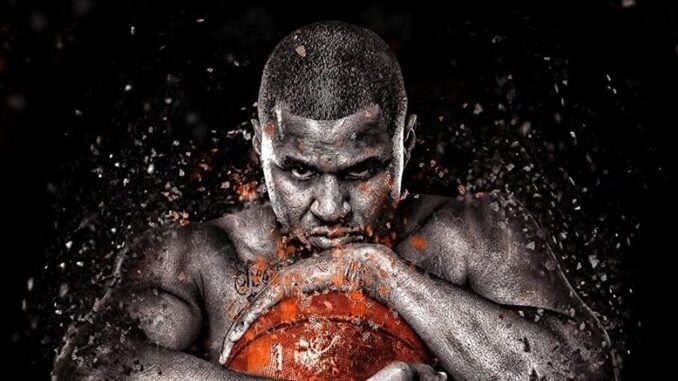
At 15 years of age, Schea Cotton was a bona fide basketball star. When he famously held his own as a teenager while working out with hoops legend Magic Johnson, it only solidified that he was head and shoulders above anyone else in his age group. NFL Hall-of-Famer Randy Moss even called Cotton the greatest high school athlete he had seen — all while the young athlete was selling out high school gyms, with everyone wanting to catch a glimpse of the phenom.
Cotton seemed destined to be a “one and done” college player and many thought he could leap straight to the National Basketball Association. In the end, though, entry exam issues stalled his college career, nagging injuries repeatedly reared their heads, and his professional career was forced abroad. The “Can’t Miss Kid” ultimately never played a single minute on an NBA court.
“What would you do if it didn’t work out?” Schea Cotton asks in “MANCHILD” (2020), a documentary released by 1091 Pictures and his own production company, Artru Group, recounting the child prodigy’s difficult life.
The new documentary takes audiences on a journey that highlights the high school phenom’s rapid rise to prominence as an overdeveloped teenage prodigy, and his long fall to earth, covering his highest moments and his lowest points.
It also answers the $100 million question: What Happened to Schea Cotton?
Zenger News caught up with Cotton to ask him about the release of “MANCHILD” and to discuss his work in his community as a leader and as a mentor.
Percy Crawford interviewed Schea Cotton for Zenger News.
Zenger News: Schea, how have you been?
Schea Cotton: Everything is going well. I am happy and healthy, and I am thankful for that.
Zenger: It appears your grind of teaching the game of basketball and life skills to the youth has not been compromised due to the pandemic. That’s always a good thing.
Cotton: Absolutely! That’s a big inspiration for me. That’s an everyday battle, an everyday commitment to my guys and girls that I work with. The people that’s committed to me, I’m committed to them. I think it’s different when you’re doing it every day rather than on the weekends or on the side. I’m really living this.
Zenger: What has it been like to share your knowledge, your skill-set and experiences with the youth and just pass that information along to the next generation?
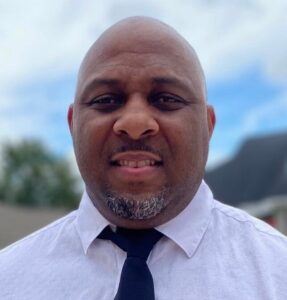
Cotton: Being able to pass along my insight, my experience, my talent and gifts that God has bestowed upon me has been a true blessing. I’m really grateful to be in this position — to have a second chance to make a wrong right and be able to impact a lot of people’s lives. I don’t want it to happen to anyone else’s kid, and that’s why the “MANCHILD” documentary was created in the first place. I felt like I needed a voice.
I was basically silenced and there were things that needed to be said. I think it’s a good depiction in a nutshell of things that took place. People that see it will draw different conclusions but one thing’s for certain: The story is real, and it’s going to move you.
Zenger: The phrase “Man Child” to us as kids meant if you had a 12-year-old kid that was over 6-feet tall. For you, the term was literal. You were a man amongst boys from a talent standpoint. Is the documentary a tale of your journey in that ‘Man Child’ phase?
Cotton: In a nutshell. I couldn’t recoup a lot of the other footage.
This was pre-social media, so I didn’t have ready access to mass media outlets where you can just highlight footage instantly, right after you see it. We didn’t have that then. You had to physically come watch me play, unless we were playing on TV and that didn’t happen that often at that time in high school. I was a freshman at Mater Dei playing against LA Crenshaw in the Arrowhead Pond, now the Honda Center, in front of 19,000 people on KCAL9. That’s the biggest channel locally for us in California news wise. But nobody else was doing that. The place was sold out, so it was like, “Yeah, this thing is big.” You got a chance while young to see the business of the sport.
I really started to feel it at that point — I felt I know what I gotta do when I show up. I show up to show out, and that was my whole thing: it was to let my game speak, to basically dominate, and to make everybody around me better on my team. I love to win, I loved to pass, and I knew I could score at will, and so I had fun out there.
There was a time in my life when I was playing, I knew I was the best player on the floor. Whatever court I touched, I knew 9/10 times that I was the best player — No.1 or 2 — because I was testing myself playing against NBA pros. I was playing with Magic Johnson and running with him in the UCLA Men’s Gym when I’m 14-15 years old. So I had a ton of confidence when playing against people my own age.
Zenger: NFL Hall-of-Famer Randy Moss called you the greatest high school athlete he has ever seen. Other guys like Baron Davis, Metta World Peace and Paul Pierce say how you were the guy they were trying to be like, and you were only 16 years old. I guess it’s not about a moral victory but, at the same time, it has to feel good to know you were looked upon in that way from such prolific athletes in their own right.
Cotton: Yeah, I take that all in stride. It’s nice compliments that people appreciated your body of work. It’s like a stamp. I’m cemented now. I’m thankful and I’m grateful for that. But there’s other things that I possess that are much deeper than basketball that I think the world is going to be able to experience now little by little, with things that I am doing today in my life, people that I am impacting, and the kids that I’m working with.
There’s the goals and dreams I am working towards now with my foundation — we are creating a community center as we speak. That will be #1 of 1, it’s never been done, a full-360 approach: full concierge for kids from pretty much 10-years-old, up through high school, and then on to the professional ranks. So, we are really excited because God put it on my heart to do so much for these kids in my community and beyond. I am just grateful to be in this position!
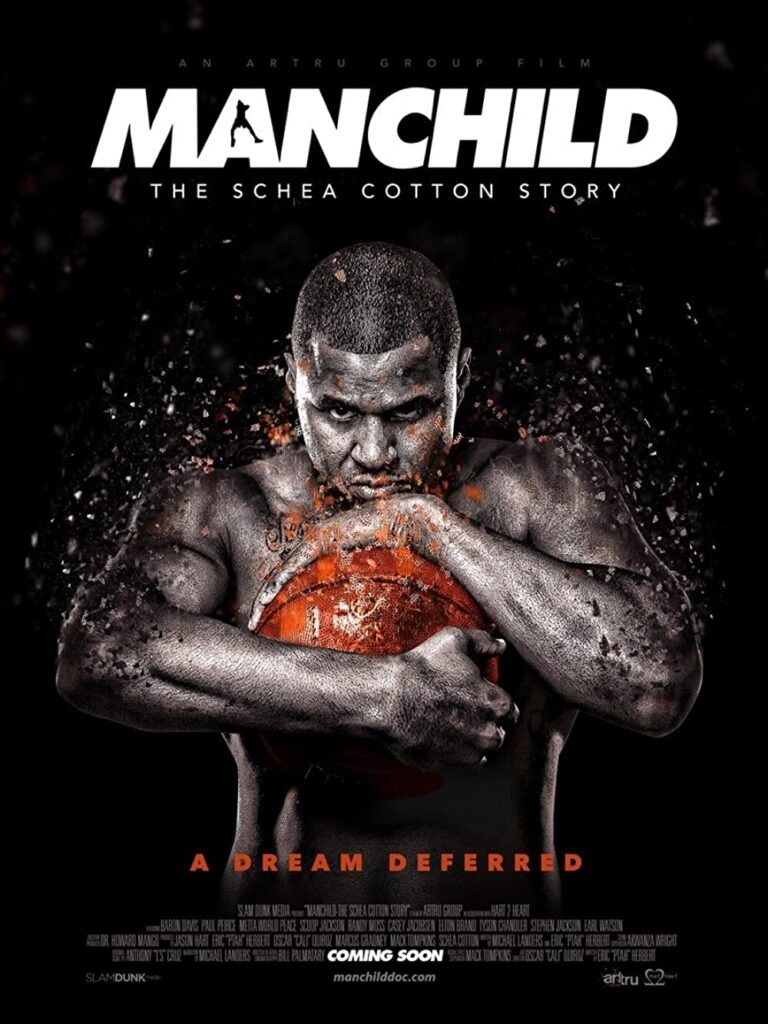
Zenger: After being so talented while lacking, I am sure, many of the things the other kids had growing up, and then reaching the status of No. 1 high-school player in the country, how important was it for you now to put this community center up?
Cotton: It’s important. If we forget where we come from, we do not know where we are going, and we’re done. So it’s important to reach back when you’re in this position — when you have the capital and the resources to make things like that happen. It changes the narrative in the community. It goes from being poverty stricken, no hope, nothing positive coming out, to suddenly you have this opportunity to be successful. No matter what demographic you come from, that is priceless.
Zenger: Do you have any regrets on or off the court, or do you feel like things played out in the end the way they were always meant to play out?
Cotton: I think everything happened the way it was supposed to. I mean, I regret going for the ball in my junior year summer playing against Long Island Panthers against Karim Shabazz and tearing my shoulder. I had about 38 points in three quarters and I probably would have had 50 or 60; I was doing whatever I wanted out there. They had Lamar Odom, Khalid El-Amin, Tavorris Bell — they had a squad out of New York, too, but I was a problem. But I can’t take that back. I went hard, I tried not to take any plays off. I wanted to dominate and do things on the floor that couldn’t be duplicated.
God blessed me with a gift that I was able to do that and I worked hard to hone it and be the best I could. I was a childhood celebrity, prodigy, whatever word you wanna use; I had my NBA early. So that would be my only regret, going for that play. I don’t regret anything else. I take it all into stride, as my father used to say. He passed away during the completion of the film, but long story short, for me today, my life is about service.
Zenger: Do you have any kids of your own, or have you seen any players out there who remind you of yourself? Or do you think you were truly one-of-a-kind?
Cotton: That’s too much to put on a young kid. I see a lot of kids who hone their skills, and they get better later, when I was good early, and I withstood that for a long time. For me today, it’s about teaching kids the game of life through basketball.
There are a lot of life skills being taught within our foundation, within our program, and how we do things. It’s much different from other programs that’s out there. It may look similar, but believe me, it’s uniquely different. I like that; that’s kind of who I am. I was always into art and things like that growing up — I thought I would be an architect, so it is interesting to see how life unfolds. I went to school for communications and speech.
I am very much fluent within that space. I do a lot of interviews. I want to be able to help these kids and get them to understand: There is life after basketball — a lot more once it is done. I will say that I have watched a lot of basketball, and the fabric of the culture of basketball needs to change, and that’s what I am working on. I do not like what it stands for — there is too much sense of entitlement, it’s just disgusting. When you talk about the business of it — at that age, 11-12 years old — it is what it is. But all you can do is be true to who you are and do your best to make others better. That’s my focus.
Zenger: Given the fact that you were a child prodigy, did basketball ever seem to become like a job, where the pressure of “producing”, as a teenager, was too much?
Cotton: I loved it! It was my sanctuary, to be honest. But there was a point where it became like a job — I would say later, in my high-school years. After I had my surgery, I realized I was so deep in that I had to make a comeback but people wrote me off.
My career went the way it went. It is very hard to heat up when you go cold, when you are in a position where you have to stop, but everything keeps going. You gotta get back into a groove, and it takes time to do that. I did well considering my circumstances — if you really look at the numbers and the situations that I have been put in.
With that being said, basketball is a piece of life that teaches us so much. The thing I love about it is that it took me off of the street. It saved my life growing up in L.A., seeing cousins and close family and friends of mine get murdered, as well as people going to jail and prison. I was going to visit them and I kept saying to myself, “There’s gotta be a better way.” Well, I took the hard route. Doing things the right way, that takes longer. So while some other people made millions early, guess what, I had to go through my trials.
It built me up to be the man of God that I am today, as well as the leader I am, the father I am, and the mentor, the trainer, the producer. Basketball can be a gift and a curse.
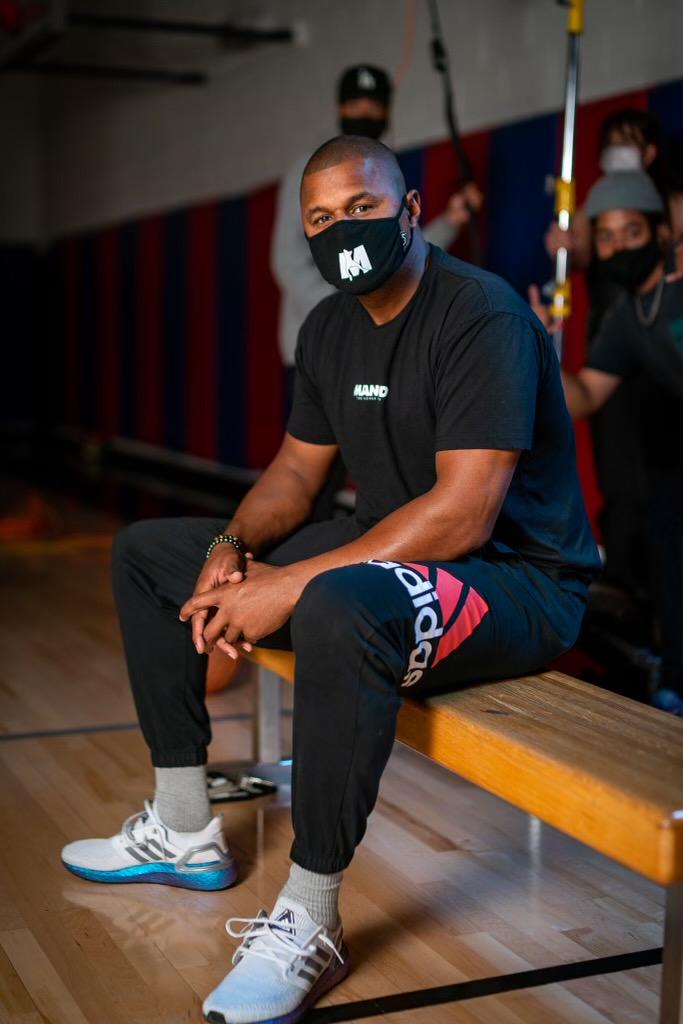
Zenger: It sounds like your purpose now is more centered around not only teaching the game of basketball but also using basketball to teach the game of life.
Cotton: Absolutely! The mind controls the body. When you train a mind to work properly, even in adverse conditions, it can flourish, and it will far exceed its peers.
Zenger: Completely off subject, but I was checking your Instagram and I saw a picture you shared of you boiling crawfish. What you know about that?
Cotton: Oh yeah! I stay on them mudbugs, man. My family’s from New Orleans, they grew up right next to Iberville and right behind the Superdome in that Lafitte section. For me, I am through and through a Saints fan. Everything else is LA for me sports wise but for football, I was born into that. It’s Who Dat Nation. And I love seafood, I get my file’ gumbo, crawfish, etouffee, we do the jambalaya, the whole nine — Oyster Rockefeller, however you wanna do it. (Laughing:) Fried catfish, you know how it go down.
Zenger: That’s love. Schea, continue to do great things, man. I’m rooting for you and thank you for your time. I cannot wait to see “MANCHILD.”
Cotton: I appreciate you.
Thanks for having me on, being able to touch a different fabric of a network and resources. I want kids to take this interview seriously and to understand that it could be you. What would you do if it didn’t work out?
(Edited by Alex Patrick and David Martosko)
The post Big-Time Basketball Prodigy Schea Cotton Never Made It to the NBA — but He’s Grateful appeared first on Zenger News.
Recommended For You.
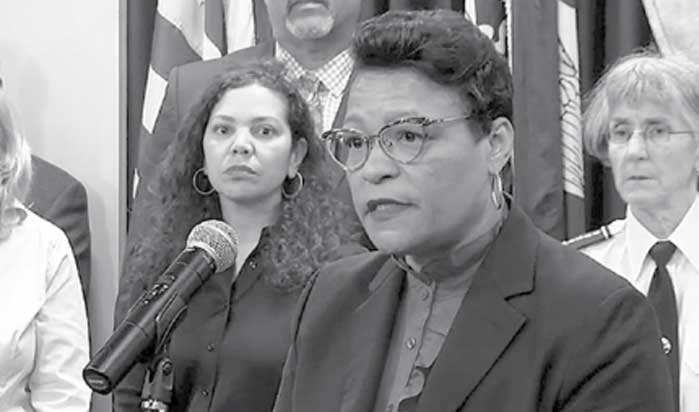


Be the first to comment